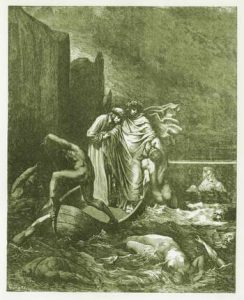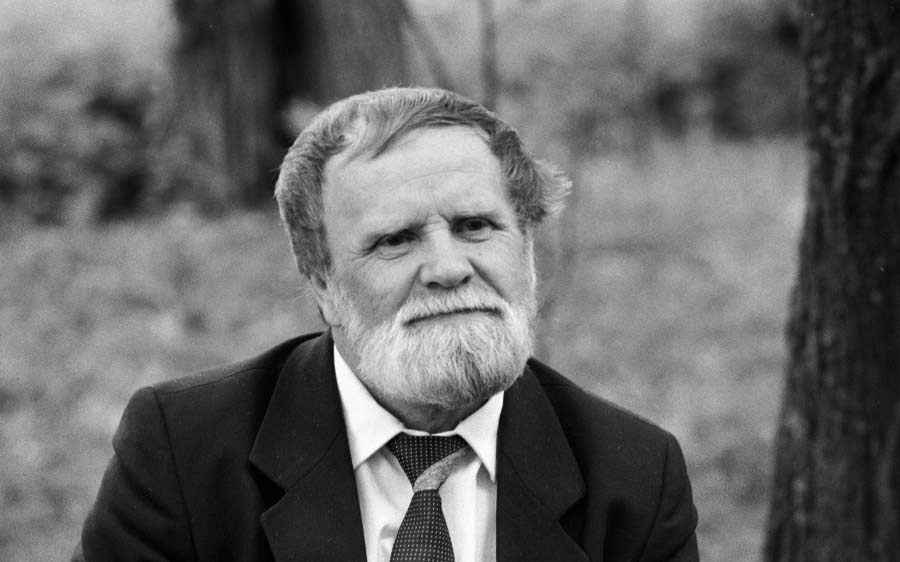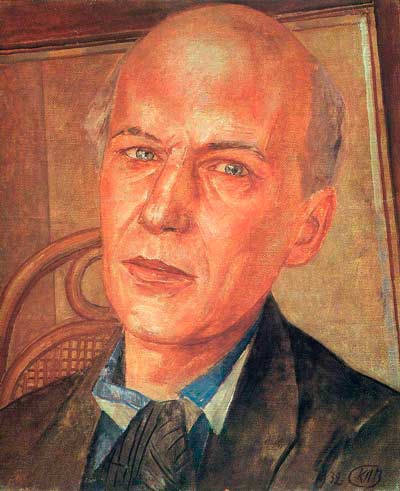Dante “Hell”
 In the two greatest creations of Dante Alighieri – “New Life” and in the “Divine Comedy” (see its summary) – the same idea has been carried out. Both are bound by the thought that pure love ennobles human nature, and the knowledge of the frailty of sensual bliss brings a person closer to God. But “New Life” is only a series of lyrical poems, and “Divine Comedy” represents a whole poem in three parts, containing up to one hundred songs, each of which contains about one hundred and forty verses.
In the two greatest creations of Dante Alighieri – “New Life” and in the “Divine Comedy” (see its summary) – the same idea has been carried out. Both are bound by the thought that pure love ennobles human nature, and the knowledge of the frailty of sensual bliss brings a person closer to God. But “New Life” is only a series of lyrical poems, and “Divine Comedy” represents a whole poem in three parts, containing up to one hundred songs, each of which contains about one hundred and forty verses.
In early youth, Dante experienced a passionate love for Beatrice, the daughter of Fulko Portinari. He kept it until the last days of his life, although he was unable to connect with Beatrice. Dante’s love was tragic: Beatrice died when she was still young, and after her death, the great poet saw in her a transformed angel.
In his mature years, the love of Beatrice became little by little lost to Dante a sensual connotation, passing into a purely spiritual dimension. Healing from sensual passion was for the poet spiritual baptism. The Divine Comedy reflects this spiritual healing of Dante, his view on the present and the past, on his life and his friends, on art, science, poetry, on Guelphs and Ghibellins, on the political parties of the “black” and “white”. In The Divine Comedy, Dante stated how he looks at all this relatively and relatively to the eternal moral principle of things. In “Hell” and “Purgatory” (the latter he often also calls the “Mount of Propitiation”) Dante considers all phenomena only from their external manifestation, from the point of view of state wisdom, personified by him in his “conductor” – Virgil, i.e. terms of law, order and law. In Paradise, all phenomena of heaven and earth appear in the spirit of contemplating a deity or a gradual transfiguration of the soul, with which the finite spirit merges with the infinite nature of things. Transfigured Beatrice, a symbol of divine love, eternal mercy and true knowledge of God, leads him from one sphere to another and leads to God, where there is no more limited space.
Such poetry would have seemed a purely theological treatise if Dante had not littered his journey in the world of ideas with living images. The meaning of the “Divine Comedy”, where the world and all its phenomena are described and depicted, and the allegory performed is indicated only slightly, when analyzing the poem very often reinterpreted. By clearly allegorical images they understood the struggle of Guelphs and Ghibellines, then politics, the vices of the Roman church, or in general the events of modern history. This best proves how far Dante was from an empty fantasy game and how he was careful not to drown out poetry under allegory. It is desirable that his commentators were as prudent as they are when analyzing the Divine Comedy.
All the content and purpose of the great poem of Dante are expressed by the following words of Virgil, in the first song “Hell”:
“I think that for your good you must follow me. I will show you the way and lead you through the lands of eternity, where you will hear the cries of despair, you will see the sad shadows that used to live on the earth before you, calling for the death of the soul after the death of the body. Then you will also see others cheering among the cleansing flame, because they hope to suffer for themselves access to the home of the blessed. If you wish to ascend to this dwelling, then a soul that is worthy of mine will lead you there. She will stay with you when I leave. By the will of the sovereign, I, who never knew his laws, cannot give directions to his city. He obeys the whole universe, in his kingdom there. There his hail is chosen (sua città), his supreme cloud stands there. Oh, blessed are those whom he exacted! ”
According to Virgil, Dante will have to learn in “Hell”, not in words, but in practice, all the disaster of a man who has fallen away from God, and see all the vanity of earthly greatness and ambition. For this, the poet portrays the underworld in the Divine Comedy, where he combines everything that he knows from mythology, history, and his own experience about the violation of moral law by man. Dante inhabits this kingdom with people who never aspire to attain to work and struggle of pure and spiritual being, and divides them into circles, showing by their relative distance from each other various degrees of sins. These circles of Hell, as he himself says in the eleventh song, personify the moral doctrine (ethics) of Aristotle about the evasion of man from the divine law.
Evasion of divine law, according to the Divine Comedy, begins with wild sensuality and ends with deliberate evil, a crime against God, the fatherland and benefactors. The degrees of sins of the same kind are determined by Dante.



